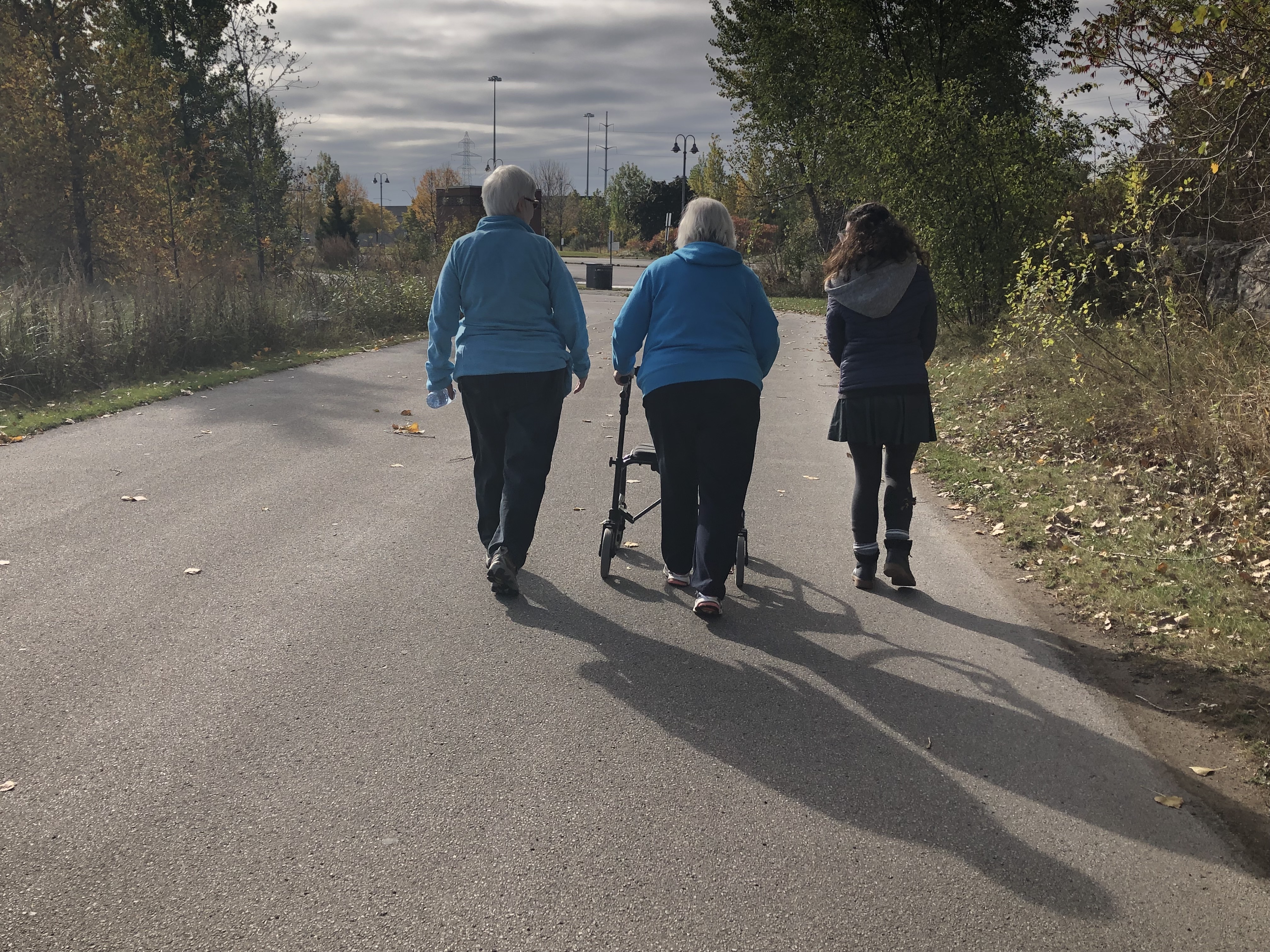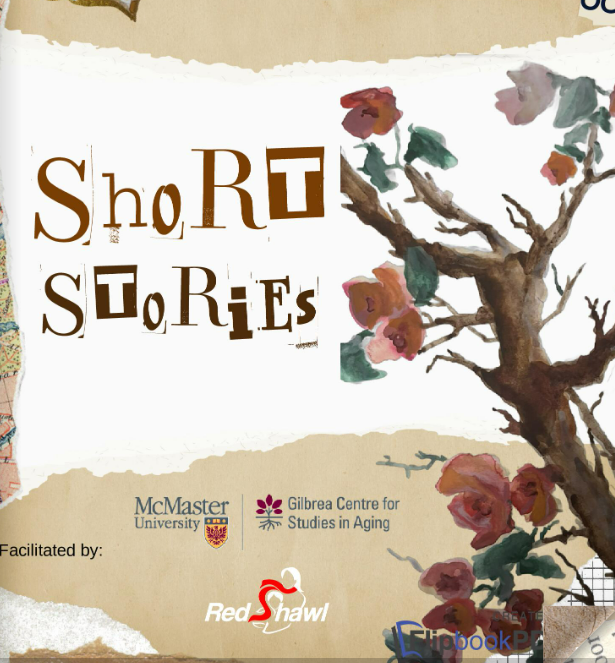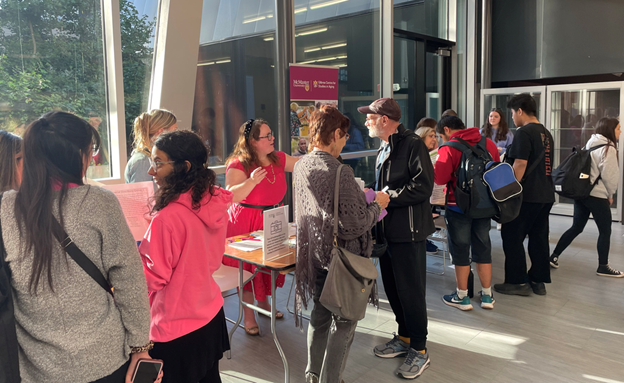Intersectionality, gender, sexual orientation, and caregiving for partners/spouses in later life

Registration is now open for our last seminar of the 2020-2021 series.
Spousal caregiving provides a unique opportunity to explore the role gender plays in how partners give care for someone with Alzheimer’s disease. By conducting such research, Dr. Calasanti has gained some insights into how gender shapes these caregiving experiences. She explains her findings in terms of “gender repertoires,” which refer to the way that gender inequalities over the life course shape the resources, skills, and identities that caregivers bring to their work. Up to this point, research has focused on heterosexual couples; how sexual orientation shapes gender repertoires has yet to be explored. This question animates her present study, which involves conducting interviews among heterosexual, gay and lesbian older adults who care for their partners/spouses living with Alzheimer’s disease and similar dementias. As her study is ongoing, with only 48 of 60 interviews completed, she does not yet have findings per se. Instead, Toni will explain the model she has derived from previous work and will explore some initial trends she has seen so far.
Registration: http://ow.ly/tXQS50DvZxB
***********
Speaker: Toni Calasanti, PhD, is Professor of Sociology at Virginia Tech, where she is also a faculty affiliate of both the Center for Gerontology and Women’s and Gender Studies. Her research on the intersections of age, gender and social inequalities has appeared in several journals as well as in the books Gender, Social Inequalities, and Aging (2001), Age Matters: Re-Aligning Feminist Thinking (2006), and Nobody’s Burden: Lessons from the Great Depression on the Struggle for Old-Age Security (2011). Her recent publications focus on ageism and age relations, and critiques of typical models of aging; and initial findings from a collaborative project on retirement migration in a global context, specifically examining retirees from Switzerland, the UK, and the U.S. who relocate permanently to Spain, Costa Rica, and Mexico. Her explorations of the intersectional approach and of age, gender and sexuality lay the foundation for her present NIH-funded research on same-sex partner caregiving for those with Alzheimer’s disease.
Related News
News Listing

Recruitment Open: Nature-based pilot project for older adults living with dementia and their care partners
Centre News
March 13, 2024

March 5, 2024


